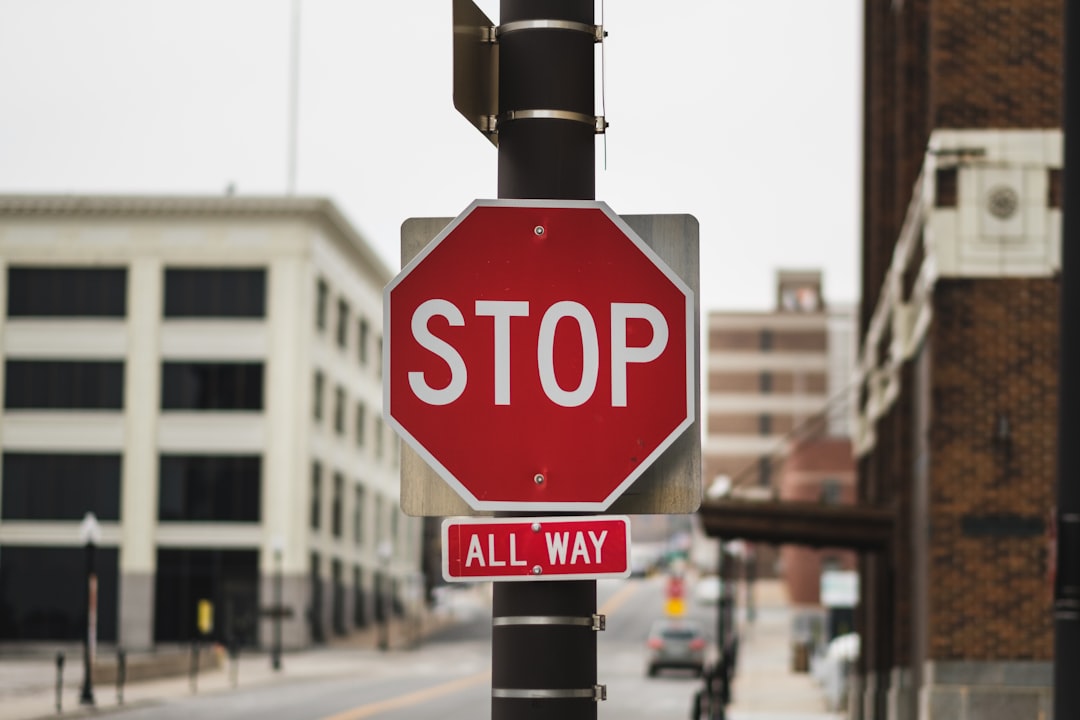Inside this article:

New York Learner’s Permits
If you’re under the age of 18, a learner’s permit is a good way to start driving before you obtain a regular license. But if you plan to drive outside of your state, you’re better off getting a regular license. Almost every state recognizes the learner’s permit as a valid driver’s license.
A learner’s permit is valid only in the state in which it was issued. For example, a learner’s permit is invalid if the person obtaining it has never driven in the state where it was issued. That’s because New York prohibits drivers under the age of 16 from driving, so a learner’s permit is not valid in the state.
To get a learner’s permit, you must complete an application and pay the required fees, which vary depending on your age. Once you’ve completed this step, you can take the written test at the DMV. If you pass it, you’ll receive a temporary permit within a few days and a permanent one a few weeks later. A learner’s permit is valid for five years, and you can retake the test for free. To obtain a regular driver’s license, you’ll need to pass a state-approved driver education course.
A learner’s permit is only valid for 2 years. You’ll need to pass the practical driving test within the same period. You can go straight to the practical test, though learner drivers use the time between tests to take driving lessons. Once you’ve passed your theory test, you’ll have to sit for a road test. The theory test is important in developing your driving skills in the real world.
A learner’s permit is not a full driver’s license. A learner’s permit is a temporary permit that only allows you to drive light motorcycles and other vehicles in New York. You need a licensed adult who has a full driver’s license to accompany you. The supervising parent is an essential part of the learning process.
You can apply for a learner’s permit at the Driver License Center in your state. In order to obtain a learner’s permit, you must be accompanied by a parent or guardian, who will be the supervising driver. Your license must be in your possession. If you have a limited learner’s permission, you can work and drive in a car.
A learner’s permit is different from a regular driver’s license. You may need to drive with an adult, but this is the only restriction that a learner’s permit has. Besides, learner’s permits do not have many restrictions, unlike regular driver’s licenses. You can drive your car in Wisconsin and even out of state!
The main difference between a learner’s permit and a regular driver’s license is in the type of car you’re allowed to drive. A learner’s permit will allow you to drive a car on the road. In other states, a limited permit is allowed to drive a motorcycle and not a car. A limited learner’s permit is more restrictive than a normal driver’s license, which means that you cannot drive a motorcycle without the right license.
The biggest difference between a learner’s permit and a regular driver’s license is the age requirement. While a learner’s permit is valid for six months, you can only drive your car with an adult. In addition to age requirements, you must also complete a driver’s education course before you get your license. You should consider the age requirements for your state.
In addition, you’ll need to have a supervising driver with you. Your supervisor must be over 21 and have a valid driver’s license that matches your vehicle. A learner’s permit will not allow you to drive without a supervising adult. In some areas, you’ll need a supervising driver to drive.
How Do I Get a Learner’s Permit in New York City?
New York City is one of the most popular cities for visitors and residents alike. Whether you are visiting to take a sightseeing tour or going there on a business trip, you will need to know the rules for getting your learner’s permit in New York City.
If you want to get your learner’s permit in New York City, it is important to go through the application process and online course. It can be done online or by using an NYC DMV office. Your application will then be reviewed by an agent in person at the DMV office.
The learner permit is very helpful if you want to drive legally while visiting New York City but do not have your license yet. However, this type of permit must be practiced with care because it does not allow driving outside of city limits.
Why Is it Important to Have A Valid Driver’s License for Teen Drivers?
Teen drivers should get their driver’s license as soon as they are legally allowed to do so. A valid license is important for their safety and the safety of others.
Teen drivers without a valid license are at risk for being involved in traffic accidents, which can result in serious injuries or death. They also face increased insurance rates and other consequences that could affect their future driving opportunities.
It is beneficial for teens to have a valid driver’s license because they can take advantage of better jobs and more opportunities.
What are the Requirements for a Learner License?
The requirements for a learner license include passing a written exam. In order to pass the exam, learners must demonstrate understanding of the rules of the road and have a valid driving license from their home country.
The requirements for a learner license vary by state, but most states have similar guidelines for obtaining one. If you are interested in obtaining your learner license, it is important to know what steps you need to take before you can get your hands on that shiny new piece of plastic and start to drive around on two wheels.
The first step is often getting your driver’s license from your home country. The next step is taking and passing an eye test, which varies by state as well. Some states also require that learners complete classroom hours or an online course before they can get their license to work in the field.
What is the Difference Between Having a Regular Driver’s License & a Learner’s Permit?
A learner’s permit is a type of temporary driving permit that allows a person who has never held a driver’s license to practice driving in their own state.
In order to obtain and use a learner’s permit in the US, you need to be at least 15 years old with at least 50 hours of supervised driving experience. You also need to have completed your state-required driver education course, as well as passed any required examinations. After accumulating these requirements, you will be eligible for your permit.
The biggest difference between having a regular driver’s license and a learner’s permit is that when applying for the latter you will not be able to take the written or driving tests for your license until you have completed all of the requirements listed above.
What Are the Conditions For which One Cannot Get Their Learners Permits or Driving Licenses in NYC?
Learners permits and driver’s licenses are issued by the New York DMV, which is a government agency. They have some stringent requirements, which can be found in the following conditions.
– You must be at least 16 years old to apply for a learner’s permit or driver’s license, but you must be at least 18 years old to get your learner’s permit or driver’s license.
– You must have a valid social security number with no restrictions on it.
– You cannot have any convictions that lead to prison time and/or a fine of $1,000 or more on your driving record in the last three years.
New York City prohibits anyone under the age of 18 from getting their learner’s permit. Other conditions of which one cannot get their learner’s permit are if they are deemed mentally incompetent, they have been convicted of a criminal offense, or if they are involved in a pending case against them for any type of offense.
New York City prohibits anyone under the age of 18 from getting their learner’s permit. Other conditions for which one cannot get their learner’s permit are if they are deemed mentally incompetent, they have been convicted of a criminal offense, or if they are involved in a pending case against them for any type of offense.






